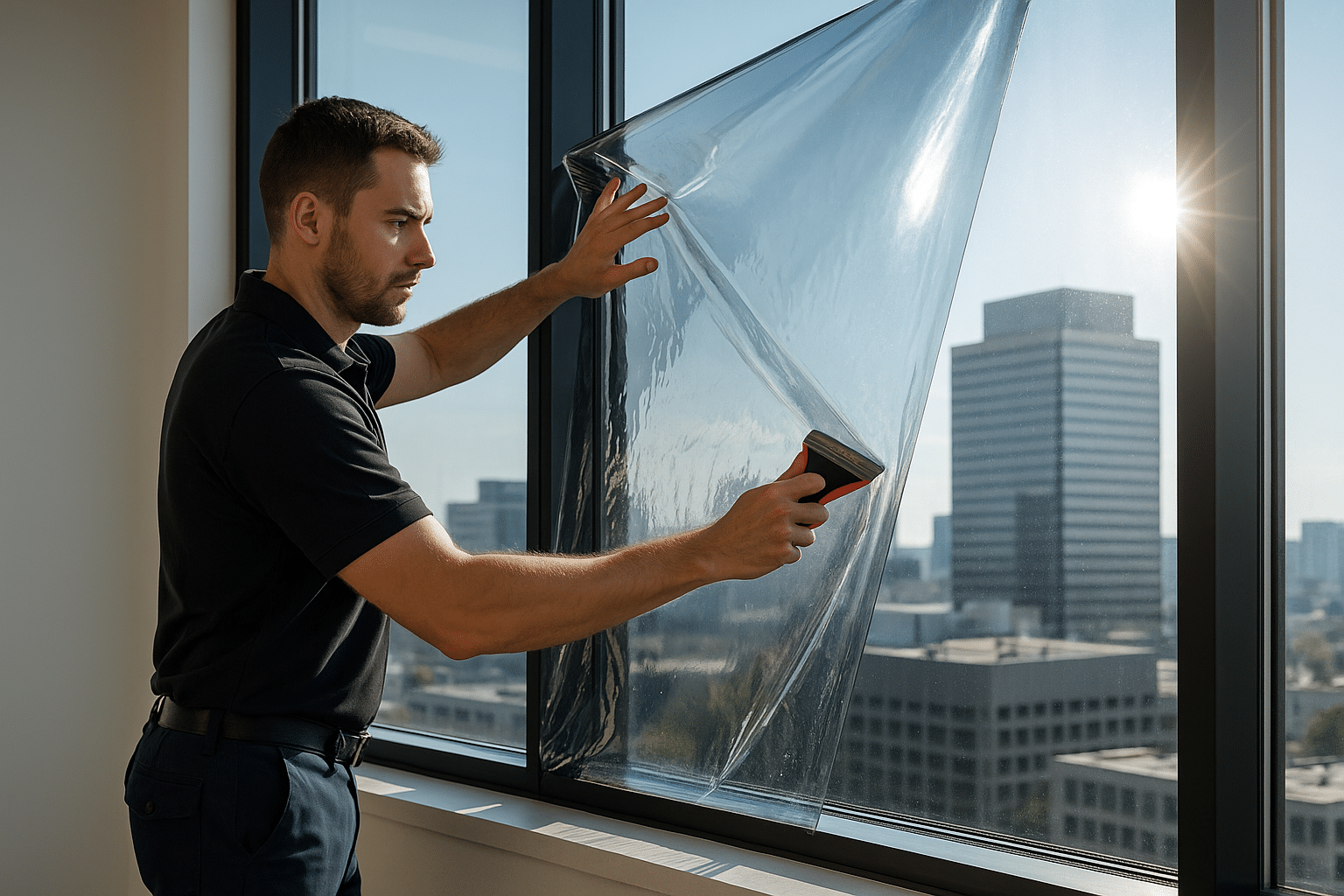Why Elon Musk, Tesla Fans Are Freaking Out Over New NHTSA Safety Advisor
Cummings, a former U.S. Navy fighter pilot, was recruited from her professorship at Duke University, where she oversees the school’s Humans and Autonomy Laboratory and robotics program. According to Reuters, Cummings has been placed under the Intergovernmental Personnel Act Mobility Program on “temporary assignment” in a senior safety advisory role at NHTSA. There, she will no doubt quickly get her hands on the ongoing feud between NHTSA and Tesla, which has been ordered to justify issuing over-the-air software updates for Autopilot instead of a recall.
As we mentioned, her interest in vehicular autonomy and advanced driver-assistance systems (ADAS) isn’t exclusively academic. She serves on the board of (and owns 25,911 shares in) Swedish automotive supplier Veoneer, which produces lidar. These systems use arrays of lasers to scan and form 3D models of their surroundings, which cars can then use to navigate their environments, reducing—but not yet eliminating—the driver’s role. LIDAR, along with redundant radar and camera systems, are championed as necessary by autonomous vehicle technological leaders Cruise (owned by GM) and Waymo (of Alphabet).
By contrast, Tesla recently dropped radar sensors from Autopilot, and relies entirely on cameras for navigation as of earlier this year. Lidar has never been a part of the Autopilot equation, as Musk dogmatically insists lidar (and the crucial sensory redundancy it offers) is a “fool’s errand,” and described the tech as “expensive sensors that are unnecessary” in 2019. A combination of quiet business deals and conspicuously lidar-equipped Tesla sightings, however, suggest that Tesla may be trialing the technology after all.
Autopilot’s lack of lidar has been identified as a major technical limitation, so while Cummings’ stake in a competing technology could constitute a conflict of interest, it’s not she, but Musk who stands as the sole champion of their respective technologies. Cummings has also seen the flaws of Autopilot firsthand, having academically tested the software and found it “unreliable and unsafe.”
“I have driven several Teslas – autopilot easily causes mode confusion, is unreliable and unsafe @NHTSArecalls should require @tesla to turn it off,” Cummings said in a 2019 tweet.
“My lab has been running controlled experiments on Tesla Autopilot & I can say with certainty that they are not even close to being ready. My student on this project should get hazardous duty pay,” she added in another tweet later that year.



.jpg)

